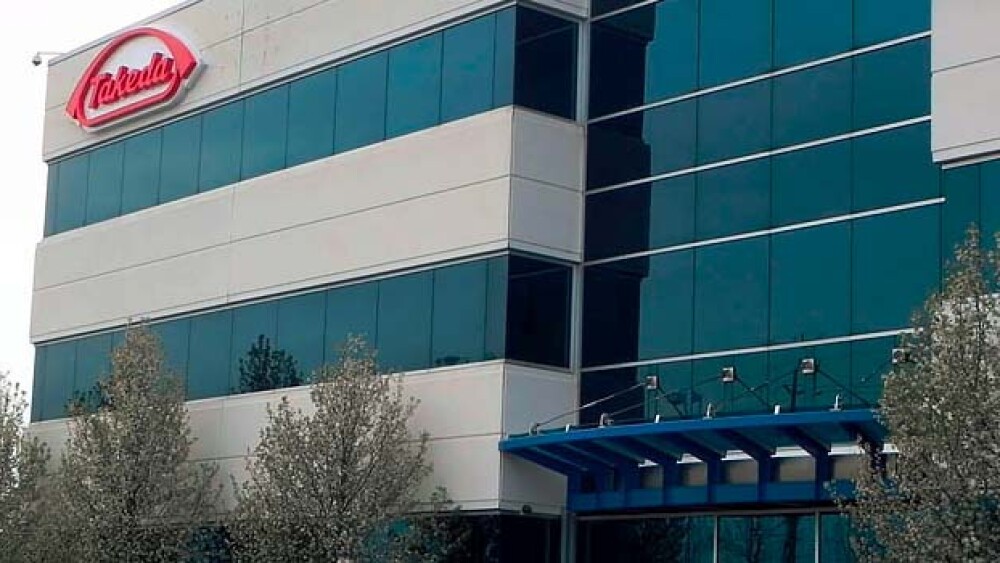This morning, Osaka, Japan-based Takeda struck deals with Memorial Sloan Kettering Cancer Center, Noile-Immune Biotech Inc. and Crescendo Biologics.
Takeda Pharmaceutical has started 2019 with a spate of cell therapy collaborations designed to advance the company’s novel immuno-oncology portfolio. The three collaborations will accelerate the discovery of next-generation cancer immunotherapies.
This morning, Osaka, Japan-based Takeda struck deals with Memorial Sloan Kettering Cancer Center, Noile-Immune Biotech Inc. and Crescendo Biologics. Takeda said the diversification into next-generation cell therapy builds directly on its three strategic pillars in oncology: hematologic malignancies, lung cancer and immuno-oncology.
Phil Rowlands, head of Takeda’s Oncology Therapeutic Area Unit, said the company has been excited by momentum in oncology research and development, specifically around the “curative potential of cell-based therapies.” Rowland said the company looks forward to collaborating with pioneers in the field of cell therapy to “fuel research and discovery with the aim of targeting novel mechanisms of action in the cancer-immunity cycle to help us fulfill our aspiration to cure cancer.”
In its partnership with Memorial Sloan Kettering, Takeda will work to develop novel chimeric antigen receptor T-cell (CAR-T) products for the treatment of multiple myeloma, acute myeloid leukemia and additional solid tumor indications. The collaboration with the famed cancer center will be co-led by former Juno Therapeutics scientific founder Michel Sadelain, who is currently head of the Center for Cell Engineering at Memorial Sloan Kettering.
In September of 2017, Takeda and biotech startup Noile-Immune Biotech forged a deal to develop CAR-T therapies, shortly after the U.S. Food and Drug Administration approved the first CAR-T therapy, Novartis’ Kymriah. This morning, Takeda and Noile-Immune have strengthened their relationship. The company noted that the successes seen so far in the program have spurred the move. Takeda exclusively licensed two assets, NIB-102 and NIB-103 for the treatment of various solid tumor indications. The company will co-develop these CAR-T programs with Noile, using that company’s proprietary “Prime” (proliferation inducing and migration-enhancing) CAR-T platform. The company plans to gain regulatory approval for human testing of NIB-102 by the end of this year.
In its third deal with Crescendo Biologics, Takeda will exercise its option for an exclusive oncology-targeted Humabody license to allow the company to evaluate the Humabody VHs for the development of novel CAR-T therapeutics. Takeda said the development will “leverage the unique properties of single-domain tumor-targeted binders as an alternative to conventional single-chain variable fragment (scFv)-based approaches.”
In addition to the collaborations, Takeda also established a new internal translational cell therapy engine with bioengineering, chemistry, manufacturing and control (CMC), clinical and translational expertise. This new division will be led by Stefan Wildt. The group will aim to “rapidly translate innovative and differentiated cell therapy concepts into the clinic,” Takeda said.
Wildt said there’s an incredible opportunity to combine promising innovation through external partners with “the power of a fit-for-purpose translational cell therapy engine” that will accelerate the development of novel therapies.





